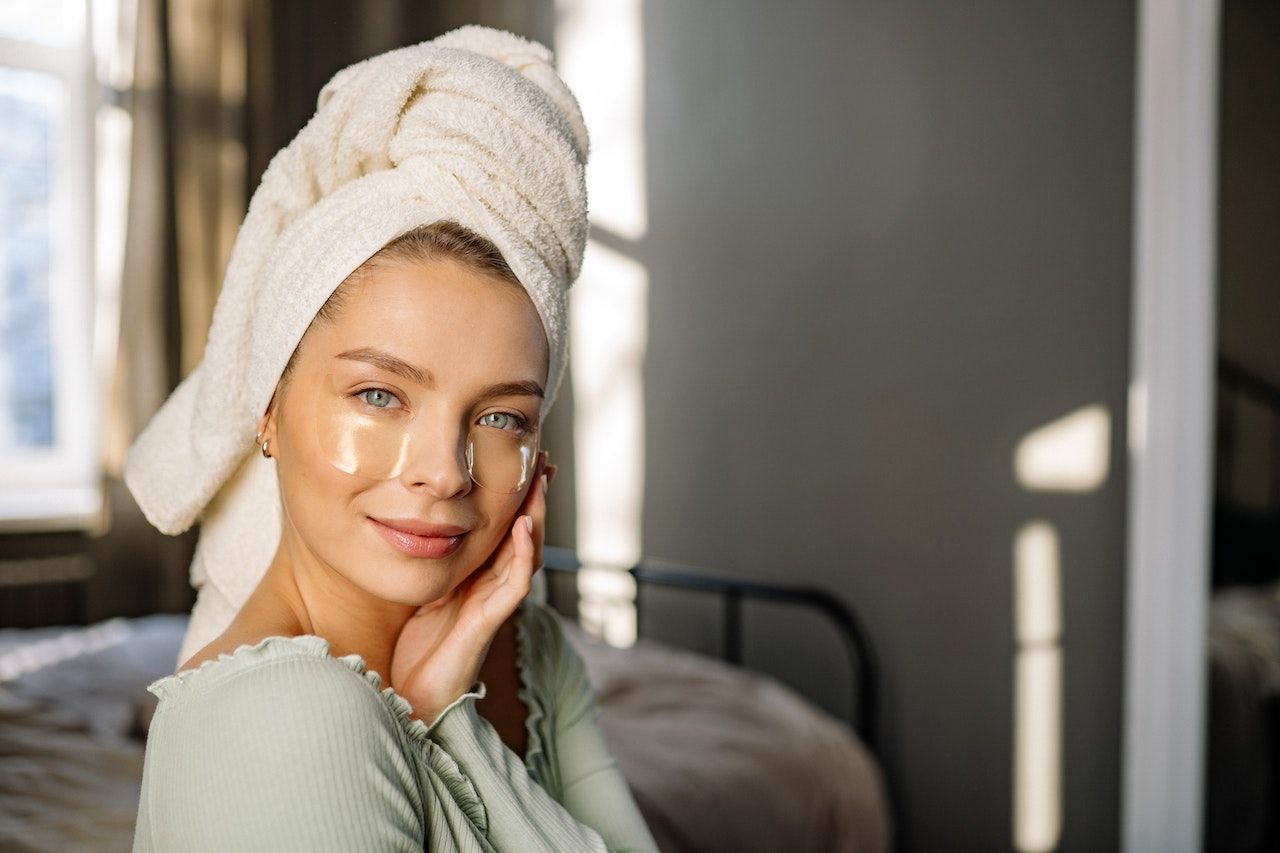Any individual having acne might fall prey to significant emotional & social threats, which are often accompanied by low self-esteem even as acne itself isn\’t a life-threatening medical condition.
The secret to managing acne is learning how to prevent breakouts from occurring.
Why do I have acne?
Acne is a common inflammatory skin condition that is caused by any of the following;
- Surplus sebum (oil) secretion
- Excess bacteria build up on your skin
- Accumulation of dead skin cells and dirt in your hair follicles
Cysts, whiteheads, and blackheads are all different levels of acne severity.
Acne is most common amongst young adults, it affects around 75% of persons between the ages of 12 and 24. It\’s unclear why some people have terrible breakouts while others hardly have a pimple. However, it is evident that genetics and environmental factors are important.
What to do to have clearer skin?
Dermatologists advise following these tips in order to maximize the effects of your acne therapy.
1.Maintain a clean face & skin.
Wash your face gently once or twice a day and after perspiring. Opt for a mild, non-abrasive cleanser. Apply it using your fingertips because using washcloths, sponges, and other instruments to scrub your skin will aggravate your condition.
Keeping your face & skin clean helps reduce inflammation and kill bacteria associated with acne formation. Make sure to remove all makeup so it doesn\’t accumulate and clog your pores. Wash your hands with soap and warm water frequently, especially after eating so as to keep them clean.
2.Avoid over-exfoliating your skin.
It can be detrimental to scrub your face every day with abrasive cleansers and exfoliating creams and brushes. Overdoing it might result in irritation, inflammation, and redness.
While the benefits of these exfoliating creams and brushes are being overly emphasized in commercials, avoid them if you have acne. Studies suggest that they can actually worsen acne.
3.Maintain a healthy balanced diet and drink lots of water.
Although there has been no scientific proof that an unhealthy diet aggravates acne, it is however advised to maintain a healthy diet as it may help reduce breakouts.
Your overall health can be enhanced by drinking plenty of water, even though it won\’t magically make your skin clearer. Also, it won\’t exacerbate your acne problems like the sugar and caffeine in sodas and coffee do.
4.Keep your hands off your face.
Keeping your hands to yourself is one of the simplest ways to get rid of acne. Your hands aren\’t always clean, and inappropriate squeezing and debris beneath your fingernails can spread acne or result in further infection. Additionally, popping a pimple can leave behind pitted scars that last much longer than the original pimple would.
Acne flare-ups may result from touching your face throughout the day. While it may be tempting to pick, pop, or squeeze your acne, it will only delay its resolution and increase your risk for post-inflammatory hyperpigmentation, which manifests as scars and dark spots.
5.Take vitamins.
Almost all health advice involves consuming vitamins, so it is reasonable that treating acne would be no different.
Certain vitamins can help you in this situation to enhance overall skin well-being and decrease the conditions that cause acne to thrive.
Check to see if your multivitamin contains zinc; in addition to strengthening the immune system, research shows that zinc may also aid with acne by reducing oil production in the skin while protecting it from bacterial infection and inflammation.
When to get help?
Acne actually takes time to clear. Work with a board-certified dermatologist if breakouts persist despite your efforts to follow these tips. Dermatologists can treat current cases of acne, stop the development of fresh outbreaks, and lessen the likelihood of you developing scars.
These conditions call for a visit to the doctor:
- If your child has acne and is younger than 8
- After taking over-the-counter treatments for 6 to 8 weeks and your acne still does not improve
- A dermatologist or pediatric dermatologist must be consulted for the treatment of moderate to severe acne,
- If you have scarring
Be patient!
It takes time for improvements. It takes at least three months of treatment before you start to notice results.
There are many different treatments available, so if you\’re not seeing improvement, your dermatologist can keep trying.

